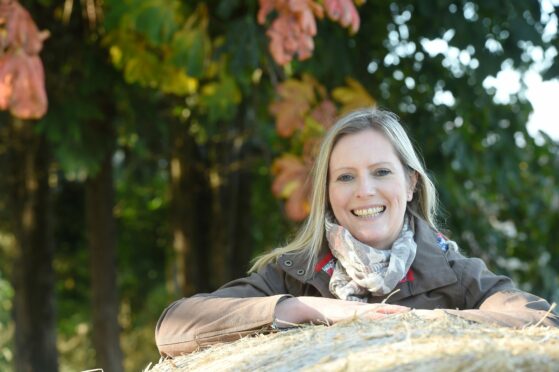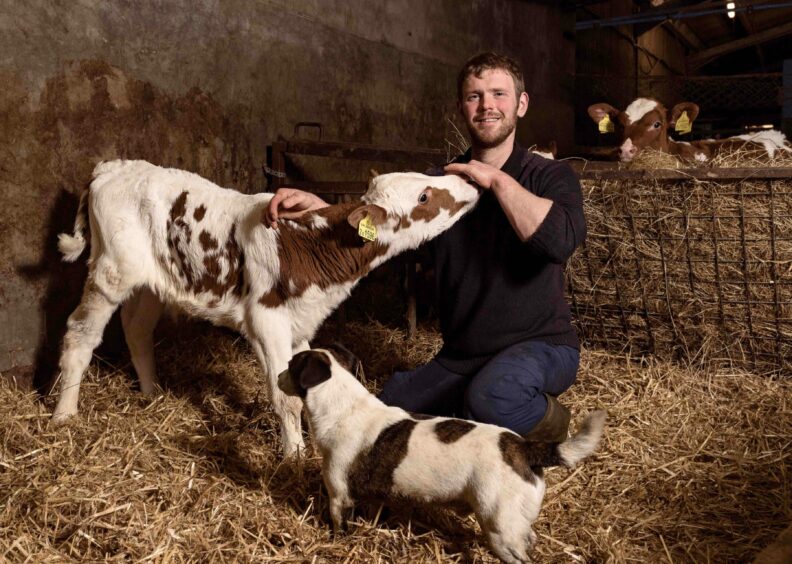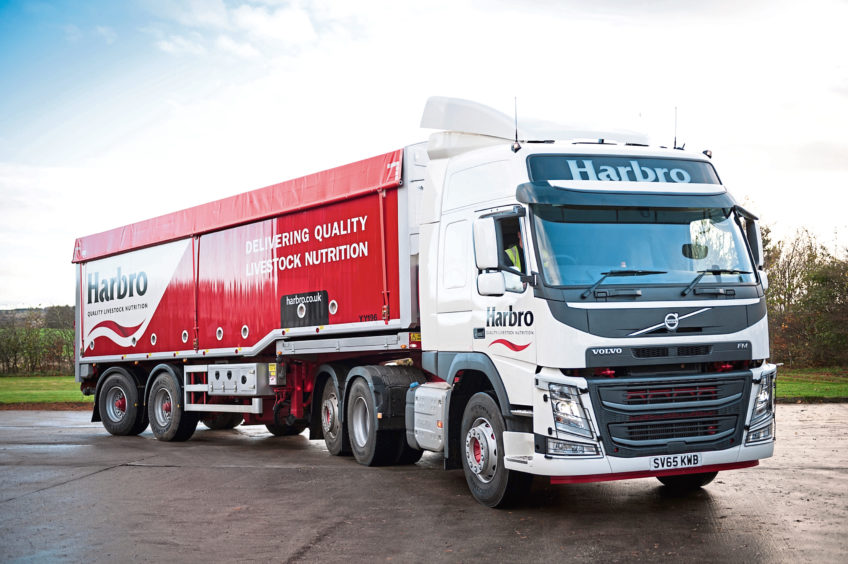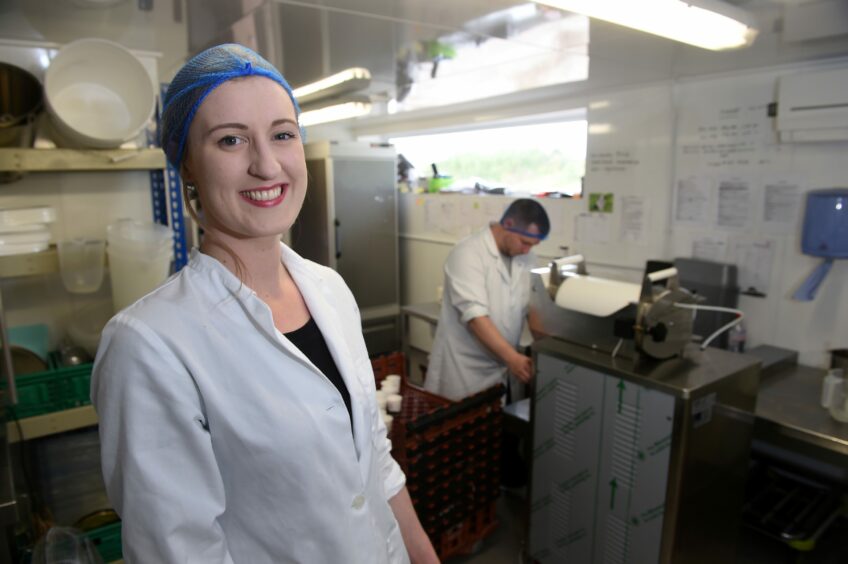From Hallowe’en until early January things get hectic at Rootfield; not so much on the farm – cows are taken in for winter, sheep come to overwinter from Essich – but on the family and farm shop front.
After two years of not celebrating Guy Fawkes’ Night, we enjoyed a bonfire and fireworks display at our neighbours, who are far enough away from the few remaining dry cows still out at grass to be overly troubled by it.
Now we are into a six-week birthday extravaganza with both our girls, two of their friends, a cousin, an Auntie, my Mum – who no one would believe is turning 70 – my Gran, who will be 94 years young (hope I’ve inherited their genes), and my dear Dad, all celebrating birthdays before the New Year.
The flurry of winter birthdays mean that I am compelled to be organised gift-wise and this year more than ever I have been making more conscious buying decisions on the back of the extensive media coverage of COP26.
I listened to several opinion pieces and debates surrounding the climate change conference from avoiding fast fashion and upcycling to veganism and the impact of farming on the environment.
There is no denying that cattle generate methane emissions, a fact vehemently highlighted time and again.
However, the farming sector is addressing the part agriculture plays in climate change and it was fantastic to hear Bryce Cunningham from Mossgiel Farm in Ayrshire championing this.
Like us, Mossgiel is a dairy farm and processing unit keenly aware of its environmental impact.
Bryce told Radio Scotland about their greening plan which is designed to make their business carbon neutral by 2025 and carbon negative by 2030.
Measures already in place to achieve these goals include no single-use plastic, zero emissions by using electric delivery vans with future steps featuring renewable energy, regenerative farming and zero-waste contracts.
It has certainly pushed Nick and I to revisit our own carbon footprint and green aspirations for the farm.
One of the cowsheds has a bank of solar panels which we are looking to increase and Nick is working in conjunction with feed specialists at Harbro to reduce the herd’s methane output, namely using Rumitech – a special feed additive, approved by the Carbon Trust, made up of natural essential oils – which Harbro says “lowers methane emissions and improves milk yield and feed efficiency”.
Elsewhere, we are continuing our push to phase out single-use plastic.
We now only have glass bottles on farm thanks to our milk vending and encourage customers to re-use our sturdy yoghurt pots, which we know most already do.
In my botanical soap and skincare enterprise, I am conscious of using biodegradable or recyclable packaging too.
As well as paper-wrapped soaps and balms in tins (including new Superbalm ‘Bee’ with protective beeswax), I am selling 100% natural bath salts this season in handy reusable glass Kilner-type jars.
In other news, we are very close to relocating our self-service farm shop to its new building.
Once open, we will offer customers even more artisan produce including venison charcuterie from Great Glen Game and I am delighted to have some exclusive, beautiful tartan hair accessories handmade by new local business, Little Knotties, for sale.
Like last year, these are made from the Goldenbroom tartan designed by pupils from the girls’ school to reflect the colours of the wild gorse, rich red soil and green fields found in our rural surroundings. All sales of the hair accessories go to school funds.
Finally, I want to dedicate this column to our exceptional parlour manager, Rosie Paulin, who we are very sad to say leaves us this month for sunnier climes with her Aussie fiancé.
Rosie has been with us since we launched Black Isle Dairy in 2013 and we wouldn’t be where we are today without her.
Thank you, Rosie – we wish you every success and happiness down under!
- Jo Mackenzie lives at Rootfield Farm in the Black Isle with her husband Nick, daughters Daisy and Mollie, and 120 dairy cows. Jo and Nick run the Black Isle Dairy.



